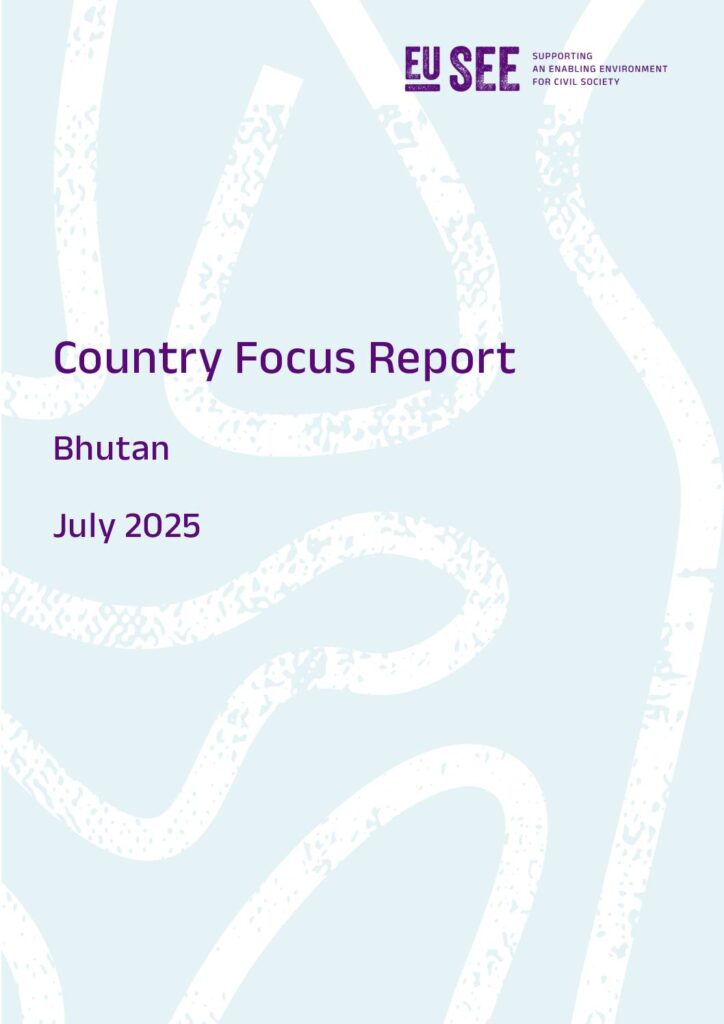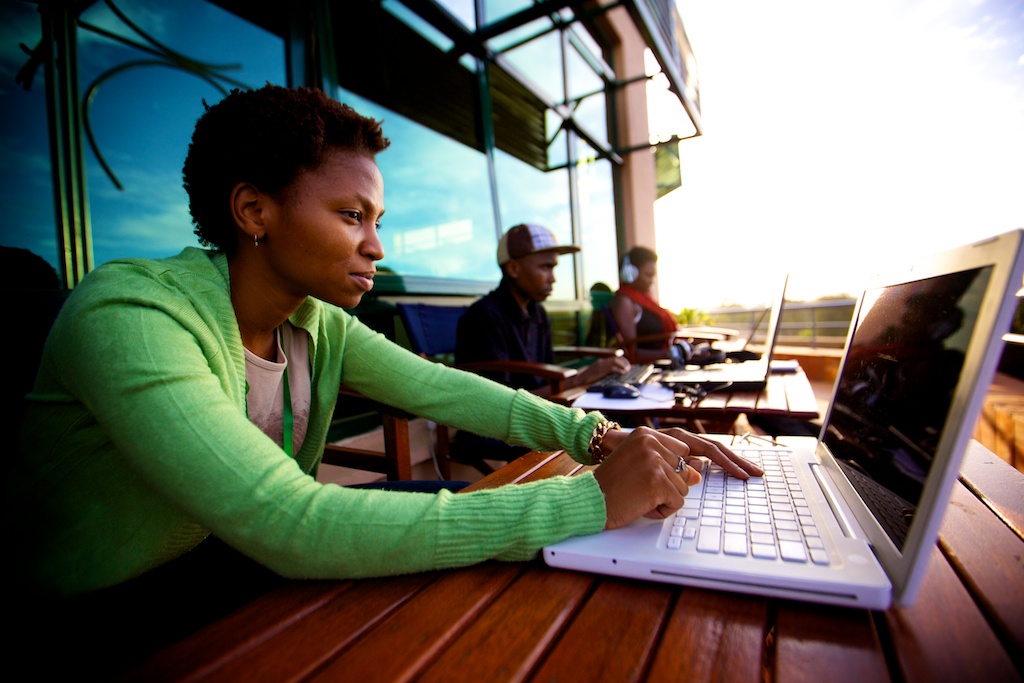Civil society activities remain constrained in Bhutan due to bureaucratic red tape, a lack of access to information, and the discretionary implementation of restrictive laws. The high threshold placed upon civil society activity within the CSO Act poses disproportionate barriers against smaller CSO activity, despite affording CSOs a measure of legal autonomy.
Lack of timely access to information restricts effective actions. While levels of engagement between civil society and the Government have improved, these have not led to significant opportunities to shape or influence government policy. There is also no formal feedback process, which promotes an environment of consultation without consequence.
The public perception of civil society is focused on non-political activities, such as service delivery and social support. There are no major restrictions placed on online discourse, but also a lack of fundamental protections. Digital accessibility, and digital literacy in particular, are significant barriers to Bhutan’s civil digital development, despite 58% of citizens now being active on social media.
Key recommendations include calls to:
- Institutionalise structured engagement platforms by operationalising and resourcing frameworks such as the Government-CSO Collaboration Guidelines.
- Amplify positive narratives by documenting and disseminating success stories of CSO contributions.
- Strengthen CSO capacity for policy engagement through targeted training in political literacy, strategic communication, and evidence-based advocacy.
- Establish a development partners’ group on civil society to coordinate funding priorities, share insights, and avoid duplication.
Enabling principles scores

